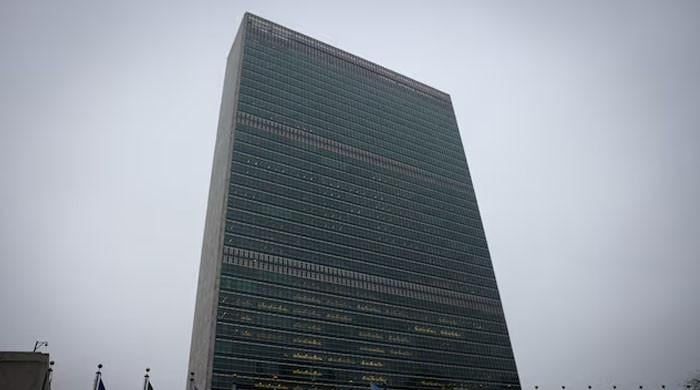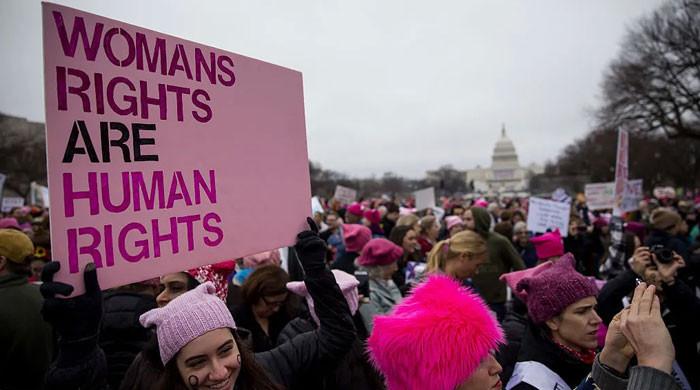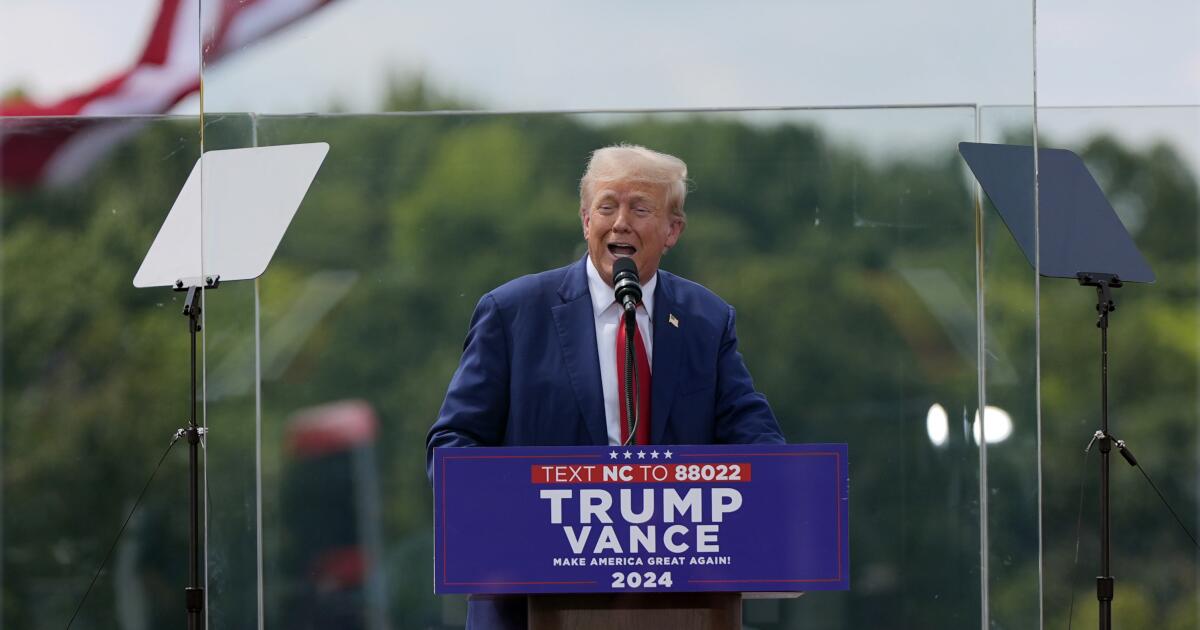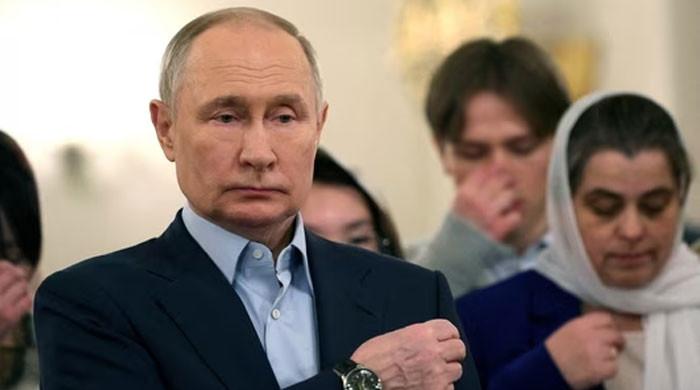The International Press Institute (IPI) has urged the United States to reject a “dangerous” new global treaty, which it says will grant authorities sweeping surveillance powers and give authoritarians even more tools to target and restrict the press.
The global organization IPI, dedicated to promoting and protecting press freedom and improving journalistic practices, has called on the United States to defend journalists, press freedom and democracy around the world in a post on X, formerly known as Twitter.
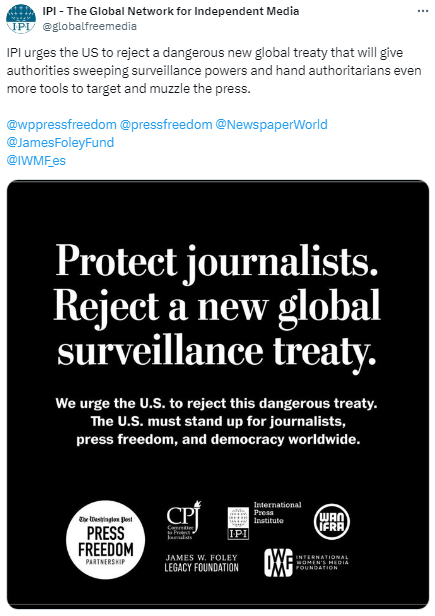
United Nations member states are seeking to finalize the international treaty and opened a two-week meeting on Monday to that end.
They say the treaty is aimed at combating cybercrime, but its text has met with strong opposition from an unlikely alliance of human rights groups and big tech companies.
The “United Nations Convention against Cybercrime” originated in 2017 when Russian diplomats sent a letter to the secretary general of the world body outlining the initiative.
Two years later, and despite opposition from the United States and Europe, the General Assembly created an intergovernmental committee to draft such a treaty. “We are at the entrance to the port and we will dock on Friday, August 9,” said the committee’s chair, Faouzia Boumaiza Mebarki, at the opening session on Monday.
After seven previous negotiating sessions, “differences still persist,” he said, while criticism has also continued to mount.
While the revised draft includes “some welcome improvements,” according to the Office of the United Nations High Commissioner for Human Rights, concerns remain “about significant deficiencies, as many provisions do not meet international human rights standards.”

